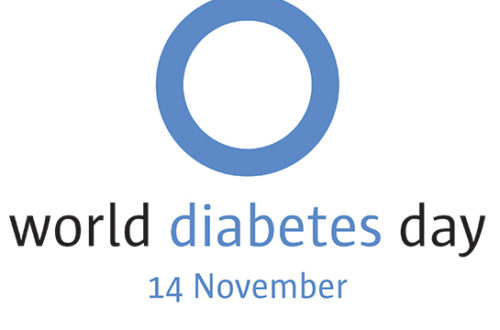Problem talk creates problems, Solution talk creates solutions. – Steve de Shazer
We are excited to launch into a 7-week series on applying a solution-focused approach to the AADE7 Self-Care Behaviors for managing diabetes. As you probably know, the AADE7 is a framework for organizing diabetes self-management education and support and for identifying key areas that may require behavioral changes to manage diabetes. The 7 categories are:
For those of you that follow our blog, you know that we are passionate about flipping the conversation from a “problem focused” (traditional medical) approach to a solution-focused conversation. We are advocates for the use of person-first, empowering language when speaking with and in reference to people with diabetes. #LanguageMatters in diabetes care and education; problem centered talk can make speaking about and managing diabetes more challenging.
Each of the next seven weeks, we will focus on one of the above self-care behaviors and provide 3 practical illustrations of how to flip the conversation around it to solution-focused talk.
AADE7 Self Care Behavior #1: Healthy Eating
“What can I eat?” is the #1 question asked by people with diabetes when they are diagnosed. Without a doubt it can be a confusing, challenging, and sensitive ongoing area of diabetes management.
Often the healthy eating discussion focuses on foods to avoid and “what went wrong” when blood glucose was out of range. The conversation continues with discussion on how to prevent that from happening again. This approach to eating can be painful and result in feelings of blame and shame. A solution-focused approach changes the dynamics of the conversation. It helps flip the focus to what is working well and building upon existing strengths.
Instead of focusing on what is not working well or what is “wrong”, here are 3 illustrations of how to flip the conversation:
Try this: I noticed that you are drinking sweet tea or soda only three times a week now instead of every day. How have you been able to do that?
Instead of this: Are you still drinking sweet tea and soda?
Try this: I hear you saying that you’d like to lose 20 more pounds. I’m noticing you are down 5 pounds since we last met. I’m really proud of you. What do you think helped you lose those 5 pounds?
Instead of this: I hear you saying that you’d like to 20 more pounds. I see you’ve only lost 5 pounds. What have you been eating?
Try this: We’ve been talking about trying to work in more non starchy vegetables at dinner to help fill you up without raising your blood glucose. How many days a week do you think it’s reasonable to start with? On a scale of 0-10, where 0 is not all and 10 is I can definitely do this, where would you rate yourself?
Instead of this: We’ve talked about trying to work in more non starchy vegetables to help fill you up. I want you to eat one at lunch and dinner every day.
Be a think partner
During a solution focused conversation, the diabetes care and education specialist acts as the “think partner” in developing solutions by asking questions and helping the person with diabetes to use their own personal strengths to create solutions that work for them.
When you meet again, here are 3 follow-up questions to try:
- What’s been better since our last session?
- What skills did you draw upon to make changes?
- What do you know about yourself that lets you know you can achieve what you want?
We’ll challenge you each week to try incorporating some flips into your conversations and let us know what impact they have.
Join us next week as we discuss a solution focused-approach to Being Active!
We welcome anyone interested in our approach to Subscribe to our blog and we’ll email you when a new post is published!
If you are a health care professional and interested in learning more about our solution-focused practice and approach, when you subscribe to our blog, we’ll send you in return a FREE resource of 10 Solution-Focused Questions to start a solution-focused discussion with your clients.
Follow us on Twitter and Instagram @AFreshPOVforYou






One Comment
Pingback: